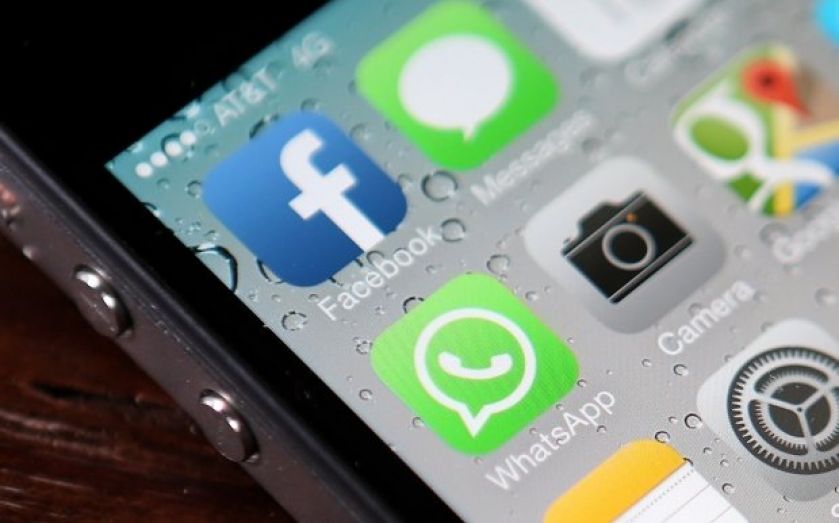Why Facebook’s $19bn Whatsapp purchase makes complete sense

Facebook's staggering $19bn (£11.4bn) payment for instant messaging service Whatsapp has knocked many market watchers over.
Those numbers see the startup of just 55 employees valued at more than Marriot International, American Airlines, or Ralph Lauren. But Facebook isn't here for Whatsapp's lame profitability – it charges users $0.99 just once a year – it wants its market share.
There are plenty of other messaging services out there – top competitors include Viber, Kik, and Wechat – but none match Whatsapp for sheer user volumes. It commands 450m monthly users around the world, with 320m active users each day, and has eaten away traditional text messaging services.
“Whatsapp is on a path to connect 1bn people. I’ve known [Whatsapp co-founder] Jan for a long time and I’m excited to partner with him and his team to make the world more open and connected,” Facebook founder and chief executive Mark Zuckerberg said last night.
Shopping sprees by web giants aren't new. Just yesterday we saw Google disclose more about its new investment arm, Google Capital, and over the last five years the name once famous for just search has picked up around 100 other companies.
Newly installed Microsoft CEO Satya Nadella is also trying to reposition, looking to move the software giant towards consumer tech.
Even if all does go wrong with Whatsapp, then the blow to Facebook shouldn't be too hefty.
Ishaq Siddiqi, market strategist at ETX Capital, points out that even if Whatsapp "turned out to be a fatal move for Facebook" and ended up having zero value – that's a hit of just $6 per share, or a loss of just over 8.8 per cent on shares as they closed yesterday.
Facebook has now picked up both Whatsapp and Instagram, and we should expect those three core offerings "to constitute a large amount of time spent on mobile computing devices for years to come," says UBS analyst Eric Sheridan.
There's also some good integration potential for Whatsapp down the line – Siddiqi suggests that "in the not too distant future, Facebook will have to take away the independence of Instagram and Whatsapp" to monetise them further.
The Telegraph's James Titcomb nails it when he says that "Facebook’s strategy is to grab control of as much of the internet as possible, by eliminating any threat necessary."
"If Zuckerberg has to play tycoon to do so, he’s clearly happy to do so," says Titcomb.
Internet giants are consolidating. Whatsapp's monumental price tag is all part of the new web game.